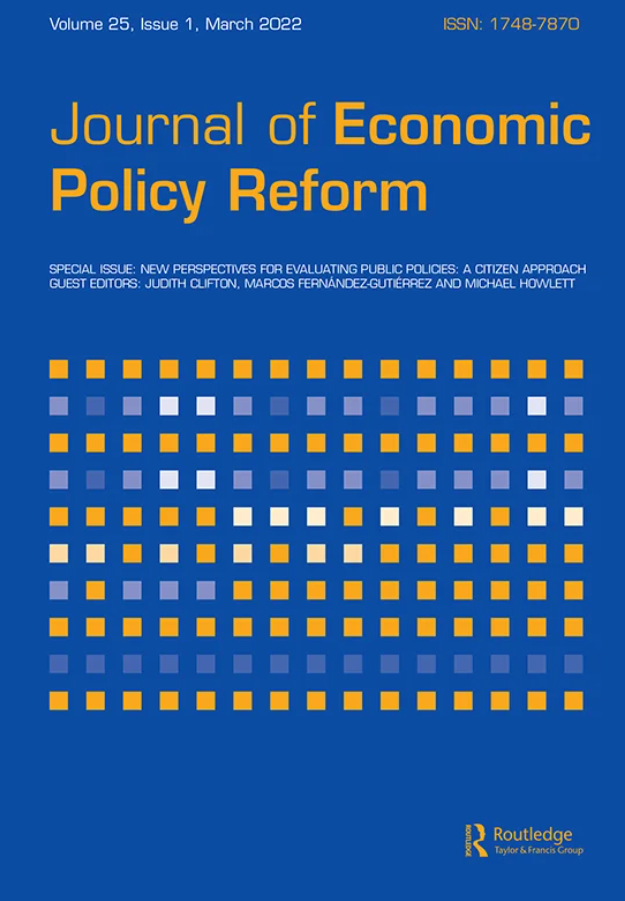Opinion
Upbeat outlook from Chinese banks’ profits masks growing problems for small banks
The performance of Chinese banks has been resilient so far, despite decelerating growth. While the performance of large banks remained steady, the rebound came from small banks. Why have small banks rebounded and is the rebound sustainable?
Although growth is decelerating, the performance of Chinese banks has been resilient so far. Net profits of listed banks grew robustly in Q3 2019, higher than the same period in 2018. Such general improvement was also backed by a reduction in provisioning led by large banks. While the performance of large banks remained steady, the rebound came from small banks. The question really is why small banks have rebounded and whether it is sustainable. Thus, it is a good time to examine the recent financial results of Chinese banks and the reasons behind the improvement, especially for small banks.
In the first three quarter of 2019, large banks reported a steady increase of net profits, growing faster than in 2018. Small banks have done even better with net profits growing more rapidly and a slightly improved net interest margin (NIM), contrasting the poor performance last year.
From the revenue side, asset growth have rebounded as deleveraging is now being put in the backseat, at least for the official part of the financial sector. Bank loan growth remains stable amid the call for more stimuli. For the policy goal to support small firms, large banks have advantages in lower funding costs and more room for relaxing collateral requirements. The flexibility means they are better positioned to attract customers from small banks, which is part of the reasons for the acceleration in loan growth comparing to last year.
In contrast, the decelerating loan growth of small banks has pushed them back to investment. The higher allocation of small banks into local government bonds has led to significant growth in local government bonds held by total commercial banks since end-2018. The higher bond holding has lifted investment income and profitability.
The other key factor behind the relatively better performance of small banks is the lower funding costs from its peak in 2018, which is clearly in line with the softer market conditions illustrated in the fall of the money market rate (SHIBOR), showing the ample liquidity in China. However, the structural problems in small banks remain unsolved. The first and foremost is their lack of comparative advantage in the intermediation of savings, pushing them to investment and the still high funding costs.
All in all, higher revenue from loan and investment growth is supporting the recent results of Chinese banks. The relatively better performance of small banks can be explained by the reduction in funding costs without any major structural change in business model. In fact, the rapid increase in investment to boost profitability is worrisome as it is opposite to policy targets, namely loans to small firms. The several cases of small banks requiring government intervention to survive and the news on policy-driven consolidation in China’s banking sector to reduce systemic risk does not augur well for their future.
Republishing and referencing
Bruegel considers itself a public good and takes no institutional standpoint.
Due to copyright agreements we ask that you kindly email request to republish opinions that have appeared in print to [email protected].







